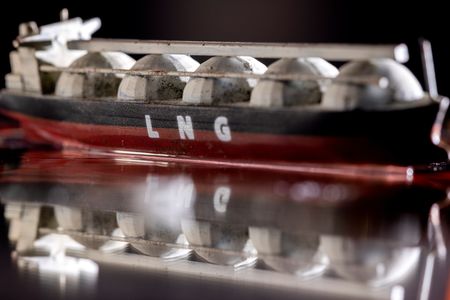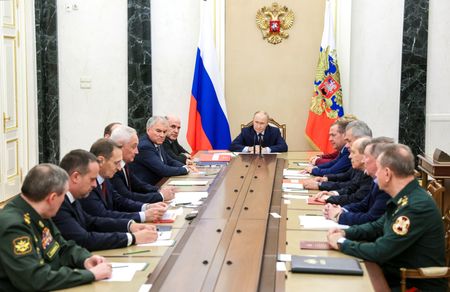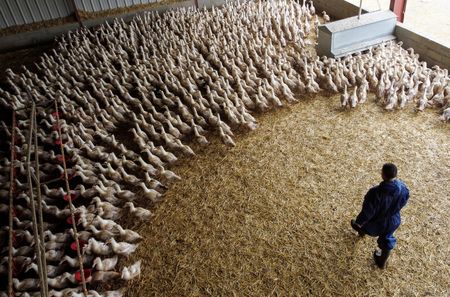By Kirsty Needham
Canberra (Reuters) – Australia’s military is being targeted by foreign intelligence over its AUKUS nuclear submarine partnership with the United States and Britain, and faces growing espionage and sabotage threats, Australia’s spy chief said on Wednesday.
Warning of a deteriorating national security outlook, director general of security Mike Burgess said the Australian Security Intelligence Organisation (ASIO) had identified foreign services, including those friendly to Australia, targeting AUKUS to determine its capabilities, learn how Australia intends to use the submarines, and undermine the confidence of its allies.
“Multiple countries are relentlessly seeking information about our military capabilities. Defence personnel are being targeted in person and online,” he said in an annual threat assessment speech at ASIO headquarters.
“Some were recently given gifts by international counterparts. The presents contained concealed surveillance devices,” he said, without naming the countries involved.
ASIO forecast foreign interference efforts would try to undermine support for AUKUS and engage in potential sabotage if regional tensions escalate.
Australia’s security environment will degrade over the next five years, he said, borrowing from the popular Hollywood film to summarise the multiple risks as “everything, everywhere, all at once”.
“ASIO assesses authoritarian regimes are growing more willing to disrupt or destroy critical infrastructure to impede decision-making, damage war-fighting capabilities and sow social discord,” he said.
Cyber sabotage was a particular threat, he said.
“Cyber units from at least one nation state routinely try to explore and exploit Australia’s critical infrastructure networks, almost certainly mapping systems so they can lay down malware or maintain access in the future,” he said.
In an apparent reference to Volt Typhoon, a Chinese hacking group named by the U.S. and Australia as infiltrating U.S. critical infrastructure in 2024, Burgess shed new light, saying “ASIO worked closely with our American counterpart to evict the hackers and shut down their global accesses, including nodes here in Australia”.
Over the next five years foreign intelligence services will exploit artificial intelligence and deeper online pools of data, enabling disinformation and deepfakes – realistic, but fake, portrayals of people – and eroding trust in institutions, he said.
The national terrorism threat level was raised in 2024 to probable, with ASIO and police disrupting five plots last year, he said.
A growing new problem is extremists self-radicalising faster, with unique “choose your own adventure” belief systems, he said.
Most of the terror plots investigated involved mixed nationalist and racist ideologies, and minors, he said.
There had been an increase in anti-Semitic violent incidents in Australia and ASIO is concerned the targeting of the Jewish community has not eased.
Ahead of a national election, in which border security fears have traditionally been fanned by politicians, he said people-smuggling was unlikely to become a major threat.
(Reporting by Kirsty Needham in Canberra. Editing by Gerry Doyle)









